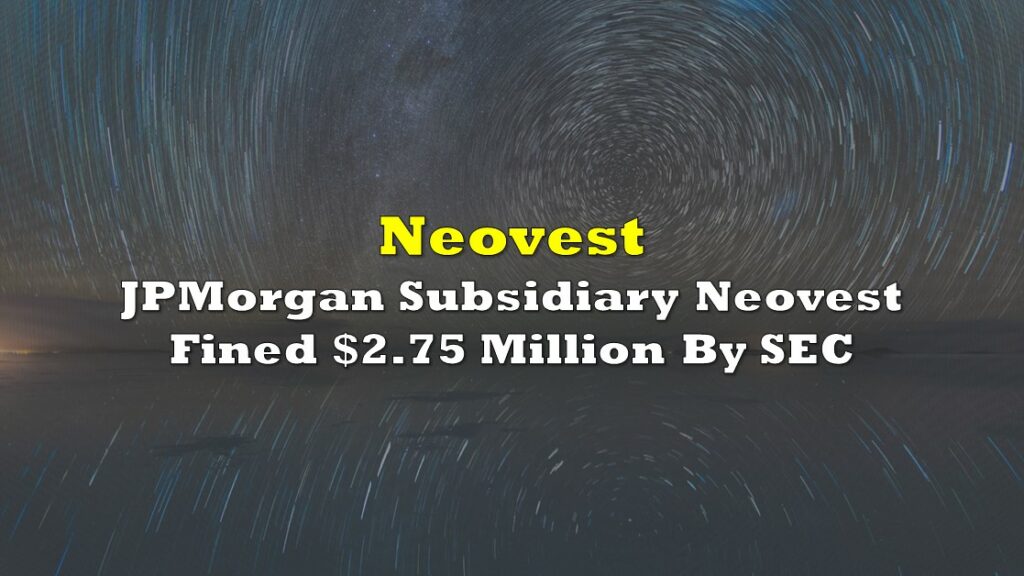Like a nail to the proverbial coffin, JPMorgan Chase & Co. (NYSE: JPM) has announced its withdrawal from the Net-Zero Banking Alliance. The bank’s departure, revealed on Tuesday, marks the culmination of a month-long exodus of the six largest U.S. banks from the coalition.
JPMorgan’s decision follows similar announcements by Morgan Stanley (NYSE: MS), Citigroup Inc. (NYSE: C), Bank of America Corp. (NYSE: BAC), Goldman Sachs Group Inc. (NYSE: GS), and Wells Fargo & Co. (NYSE: WFC). These defections collectively leave the NZBA—a UN-convened initiative aimed at aligning the global banking sector with net-zero carbon emissions targets—without its most influential U.S. members.
Last but not least, JPMorgan leaves too. The largest American bank said on Tuesday that it will no longer be part of the Net-Zero Banking Alliance.
— Javier Blas (@JavierBlas) January 7, 2025
Since December, Morgan Stanley, Citigroup, Bank of America, Goldman Sachs and Wells Fargo have quit. https://t.co/EdKoHnDydQ
A Politicized Climate Commitment
The wave of departures comes amid mounting political scrutiny in the United States, particularly from Republican lawmakers who argue that climate-focused coalitions may overstep antitrust regulations. Additionally, conservative critics have lambasted such initiatives as embodiments of “woke capitalism,” pressuring major corporations to distance themselves from the perceived politicization of their business strategies.
JPMorgan’s statement emphasized its commitment to supporting low-carbon technologies while balancing energy security. “We will continue to work independently to advance the interests of our firm, our shareholders, and our clients,” a spokesperson said. “We remain focused on pragmatic solutions to help further low-carbon technologies while advancing energy security.”
The bank also pledged continued support for clients engaged in the energy transition and decarbonization efforts.
NZBA’s Waning Influence in the U.S.
The NZBA was launched in 2021 as part of the Glasgow Financial Alliance for Net Zero, a coalition of financial institutions committed to aligning their lending and investment portfolios with climate goals outlined in the Paris Agreement. At its peak, the NZBA boasted over 120 members worldwide, representing approximately 40% of global banking assets.
However, the alliance’s U.S. presence has significantly diminished. With JPMorgan’s exit, only three U.S. banks—Amalgamated Bank, Areti Bank, and Climate First Bank—remain members. In contrast, approximately 80 European banks continue to participate, signaling a stark geographic divide in commitment to the coalition’s objectives.
The NZBA has yet to comment on the latest defections.
The banking industry’s retreat from the NZBA mirrors similar trends in other financial sectors. In 2023, a climate alliance for insurers faced mass departures due to litigation threats, and in 2022, the world’s second-largest asset manager, Vanguard Group Inc., left a parallel coalition for asset managers.
JPMorgan’s Climate Paradox
JPMorgan’s departure is particularly significant given its dual role as a leading financier of both high-carbon and low-carbon energy projects. According to Bloomberg data, the bank ranked as the top financier for oil, gas, and coal deals in 2024 while maintaining a top-five position in green bond and loan financing.
This duality reflects a broader challenge for financial institutions attempting to balance climate goals with the immediate needs of their clients. In its 2024 climate report, JPMorgan CEO Jamie Dimon acknowledged the complexities of transitioning to a low-carbon economy.
“Scaling zero-carbon energy is a critical path forward,” Dimon wrote. “But it will take time and critically must include technological innovation and public policy done well—in addition to financial support—to meet the growing energy demand.”
Information for this briefing was found via Reuters, Bloomberg, and the sources mentioned. The author has no securities or affiliations related to this organization. Not a recommendation to buy or sell. Always do additional research and consult a professional before purchasing a security. The author holds no licenses.









How it Works: Order Spoofing, Part Two – Spoofing In The Small Cap Sector
JP Morgan’s $920 million fine for having manipulated gold markets with order spoofing was widely...